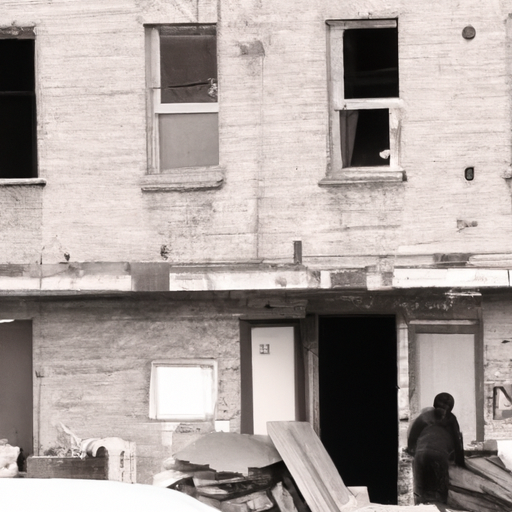Reflecting on Toronto’s Opioid Crisis Unfolding in Leslieville
The ongoing opioid crisis in Canada is an urgent public health disaster that requires attention and action. The crisis, which is believed to have claimed more than 4000 lives in 2017 alone, is making headlines, stirring discussions, and leading to significant policy alterations.
In a recent article from Toronto Life, the author brings the issue to life with a vivid and heart wrenching account of the battle against opioids taking place in Toronto’s Leslieville neighbourhood. The article underscores the severity of the crisis, its impact on local communities, and the efforts being made to combat the situation.
The Opioid Crisis and its Effects on Leslieville
Leslieville is just one community caught in the throes of the opioid crisis. As the article details, the situation is deteriorating so rapidly that local residents, business owners, and community leaders are increasingly concerned and frustrated. The article chronicles heartbreaking stories of drug users living in desperate conditions, the spikes in crime rates, and the general sense of insecurity it has brought upon this once tranquil neighbourhood.
Opioids and the Homeless Population
The article draws attention to the connection between the opioid crisis and homelessness, which is a frequently overlooked aspect of this crisis. There are plenty of stories including those of homeless people who frequent Leslieville’s laneways and parks, often leaving behind drug paraphernalia in their wake. The opioid crisis has deepened the plight of the homeless population and has further exacerbated the housing crisis faced by the city of Toronto.
Opioid Class Action Lawsuits
The article also brings to light the initiation of collective action in the face of this crisis. Several opioid class action lawsuits are being filed, holding pharmaceutical giants accountable for their role in this crisis. However, these legal battles are far from straightforward given the complex nature of the issue at hand.
Strategies to Combat the Crisis
Amid the grim circumstances, there are examples of initiatives geared towards combating the crisis. The article refers to various harm reduction programs and the use of the life-saving drug, naloxone. Recognizing the scale of this public health emergency, first responders and community organizations are increasingly distributing naloxone kits, a measure aimed at preventing lethal overdoses.
Key Points from the Article:
- The opioid crisis is severely affecting local Toronto communities, particularly Leslieville.
- There is a strong correlation between the opioid crisis and homelessness, contributing to the city’s preexisting housing crisis.
- Pharmaceutical giants are facing opioid class action lawsuits for their role in this crisis.
- The crisis has led to rising crime and insecurity.
- Naloxone kits and harm reduction programs are crucial strategies in combatting this crisis.
Conclusion
The opioid crisis, particularly glaring in Leslieville, signals a desperate call for action. This crisis, intertwining with homelessness, crime, and legal row, reflects the multifaceted nature of the issue. Efforts to address the crisis, from class action lawsuits to the distribution of naloxone kits, highlight the urgency and determination to combat the disastrous consequences of opioid addiction. Further interventions, policies, and resources are vital to curb this public health emergency and to help restore affected communities.
